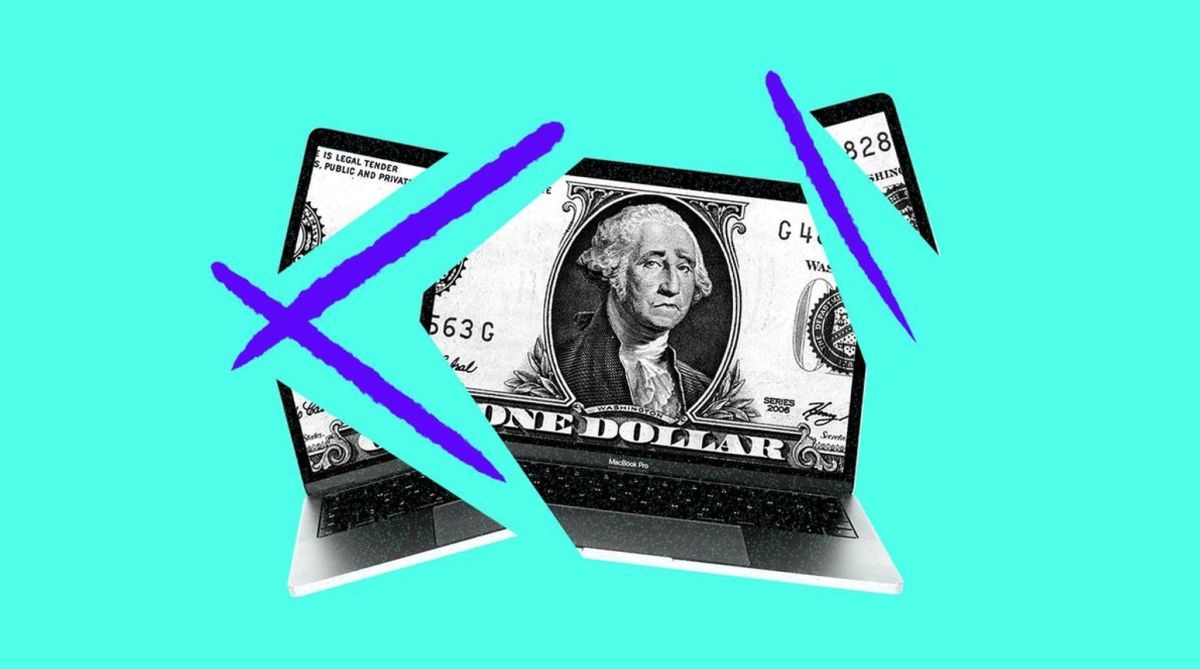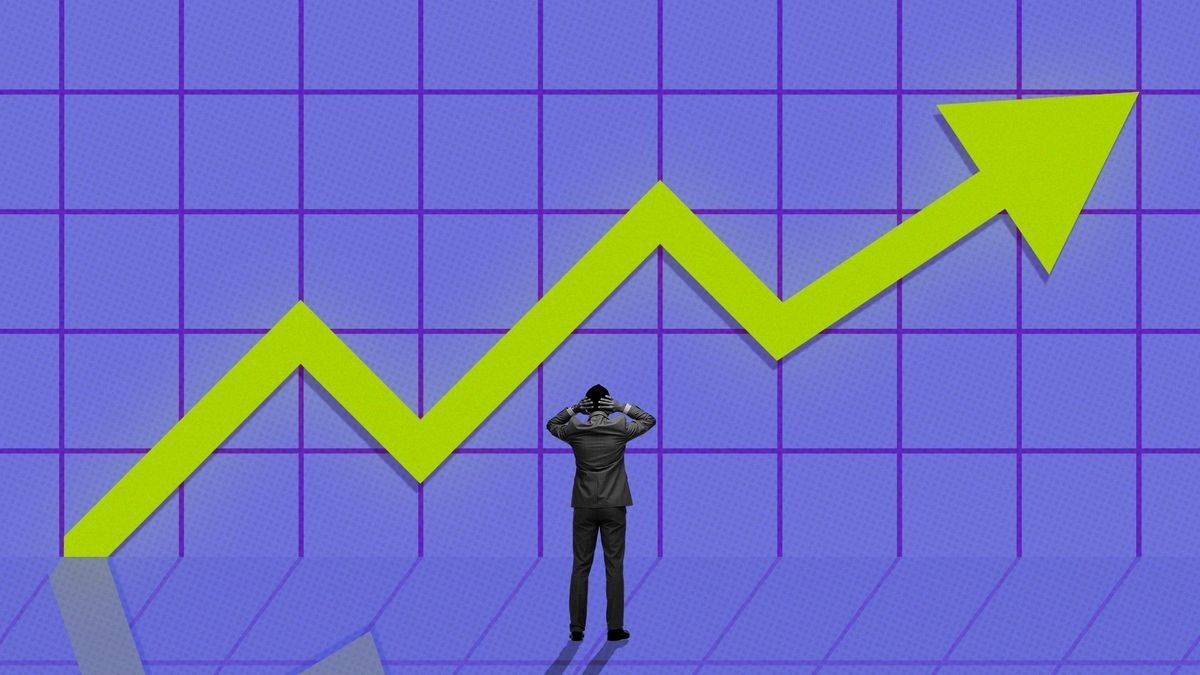
Economy, Week in Review
Interest rate cuts could trigger changes in customer spending habits
The Federal Reserve cut interest rates by half a point in September, the first cut since 2020. The Federal interest rate sits between 4.75% and 5%, hopefully mitigating the effects of high inflation and offering individuals and businesses a bit of relief. Despite this recent cut, the interest rate is nearly double the pre-pandemic rate.

The Federal Reserve cut interest rates by half a point in September, the first cut since 2020. The Federal interest rate sits between 4.75% and 5%, hopefully mitigating the effects of high inflation and offering individuals and businesses a bit of relief. Despite this recent cut, the interest rate is nearly double the pre-pandemic rate.
The recent move reflects the Fed prioritizing the job market, as the unemployment rate reached 4.3% in July, the highest the United States has seen since October 2021. While it has decreased by 0.1% each month since July, lowering to 4.1% in September, the unemployment rate is still higher than last year’s average.
Why it matters: While this significant cut to the interest rate will impact every corner of business, it will take a few months to really see this change reflected in customer habits. “It’ll be the ones that seek new credit [who see a shift],” said NACM Economist Amy Crews Cutts, Ph.D., CBE. “If they’re going to expand a warehouse or something like that, they go to the bank, they get the new loan and it will be cheaper than the old loan. They may find credit is easier to get for them, they may find that the cost of credit declines going forward.”
For credit managers, the biggest impact of this cut will be in customer behavior. “The interest rates drop, so they’re going to take out more loans and the cost of borrowing is going to be much lower so that is going to lead to more credit applications obviously, which is great for business,” said David Escobar, credit manager at Evapco, Inc., (Taneytown, MD). “But I think again, it just means more for us as a credit group to be more diligent on reviewing.”
The recent cut to the interest rate does spark concerns that there is a recession down the line, with cuts signifying the Fed’s attempt to soften the blow. For the past two years, short-term loan rates have been higher than long-term loan rates, the inverse of normal rates. This inversion, according to Crew Cutts, hints at a possible recession.
“Usually before a recession, and I don’t mean like immediately before but 12 to 20 months ahead, the yield curve inverts, then it un-inverts, then you get the recession,” Crews Cutts said. “It’s not a cause. It’s more like a signal of the underlying stress in the markets.”
Aside from the pandemic, there have been six interest rate cutting cycles since 1990 which have been followed by a recession 18 months later on average. The economy will sustain several blows with the dockworkers strike, ongoing issues in the Middle East and Hurricane Helene causing significant strains.
While the dockworkers’ strike ended Thursday when the International Longshoremen’s Association accepted a new wage offer, the three days of walkouts up the East and Gulf Coast set trade back significantly and will likely take days to fully recover. For each day of the dockworkers strike, it will take four to six days to recover, according to AP News. Credit managers who found themselves on the receiving end of a customer’s rage over delivery delays have already felt the impact of the walk out.
Hurricane Helene, which swept up the Southeast Coast just last week, will likely have a large impact on the economy as the storm’s devastation impacted families and businesses alike. “If you have a factory in any of those areas, a lot of those, sort of small towns in North Carolina, their workers were employed in factories, the question is whether the workers are in any condition to get to work,” Crews Cutts said. “Can they get to work? And then, is the factory operational? Does it have power? Did it get flooded?”
The bottom line: The Federal Reserve’s recent interest rate cut, while aiming to ease inflation and boost the job market, could hint at a recession. While it could take months for credit managers to see any improvements due to the cut, Hurricane Helene and the dockworkers’ strike will have a more immediate effect.





